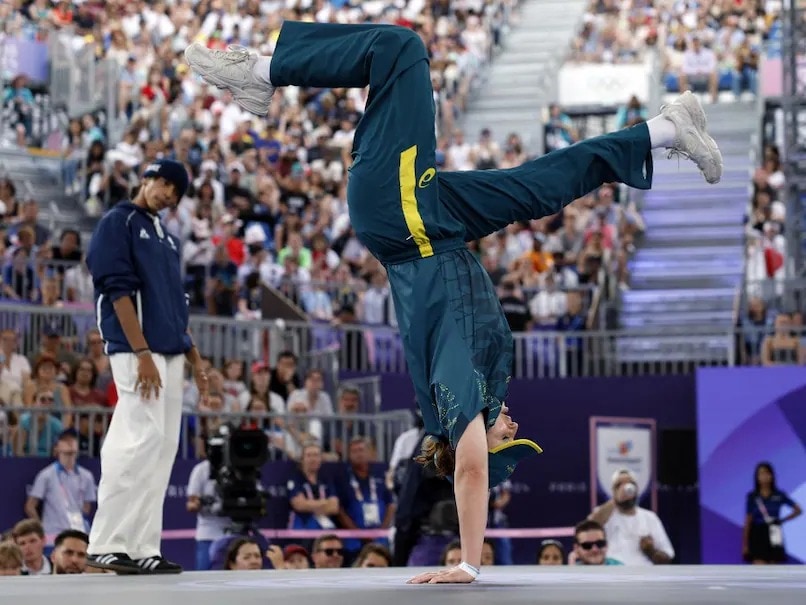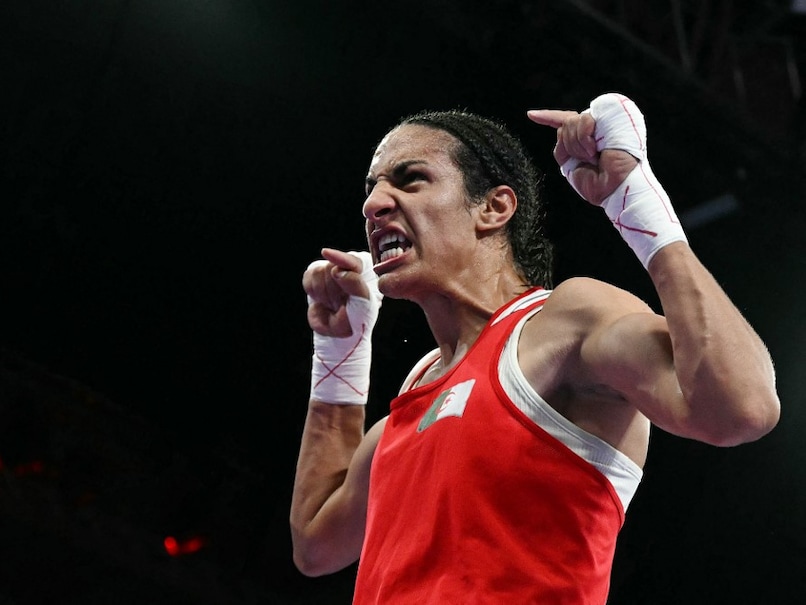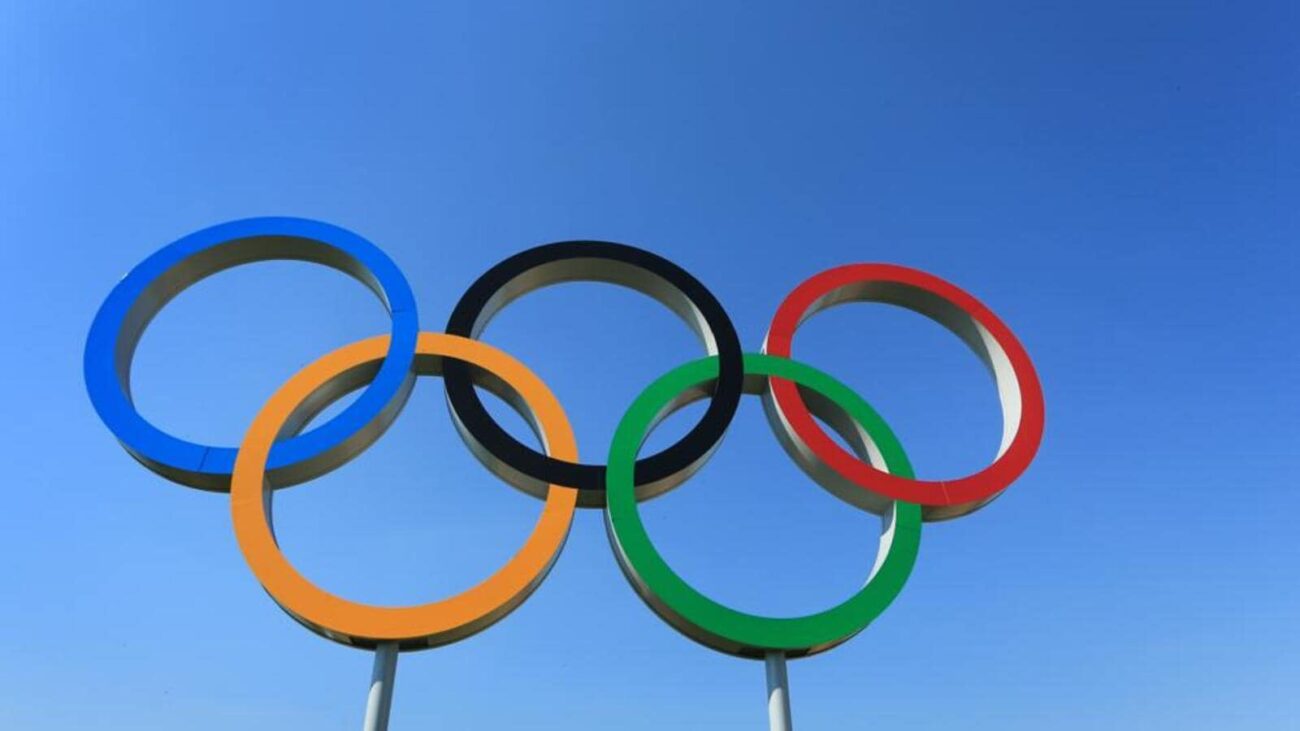Shalu Chaudhary Exonerated of Doping Charges After DNA Testing Reveals Tampering or Contamination
New Delhi: In a significant development, the National Anti-Doping Agency’s (NADA) appeals’ panel has exonerated middle-distance runner Shalu Chaudhary of doping charges. The panel lifted her four-year ban after DNA testing revealed that her urine sample had either been tampered with or contaminated at the time of collection.
Chaudhary, a 30-year-old national-level medallist in 800m, was banned last year after losing her appeal to NADA’s disciplinary panel. She was suspended for the alleged use of two substances, including a stimulant and peptide hormones.
Undeterred, Chaudhary sought a DNA testing of her urine sample, a plea that was initially rejected by the disciplinary committee. However, the appeals panel accepted her request, and the testing was conducted at the Forensics department of King’s College, London.
The DNA testing results were crucial in Chaudhary’s exoneration. The appeals panel order stated that the A and B samples from the previously analyzed urine sample produced “extremely poor partial DNA profiles, presenting as a mixture of two female individuals in similar proportions.”
This finding strongly suggested that the sample had been compromised, either through tampering or contamination. The counsel for NADA acknowledged the DNA report and did not challenge its findings.
As a result, the appeals panel set aside the four-year ban imposed on Chaudhary and the consequential directions of forfeiture of competitive results. The panel also directed NADA to refund the ₹1.5 lakh collected from Chaudhary for the DNA testing within 10 days.
Chaudhary’s defense centered around the contention that her positive dope test was a result of tampering or contamination during sample collection. Her lawyers, Parth Goswami and Akshay Kumar, cited precedents where DNA testing had been permitted, including a ruling by the Court of Arbitration for Sport and a previous decision by NADA in the case of motorsports athlete Vijay Singh.
The appeals panel emphasized the need for fairness and discretion in such matters and accepted Chaudhary’s request for DNA testing.
“I am pleased to announce that the appeals panel’s decision to exonerate Shalu Chaudhary validates our longstanding assertion of innocence,” said Goswami in a statement. “While I am relieved by this outcome, I am deeply saddened by the toll it has taken on Shalu’s career.”
Chaudhary’s exoneration highlights the importance of thorough investigations and the use of scientific evidence in anti-doping cases. It also serves as a reminder of the potential consequences of false or inaccurate doping allegations on an athlete’s career and reputation.






